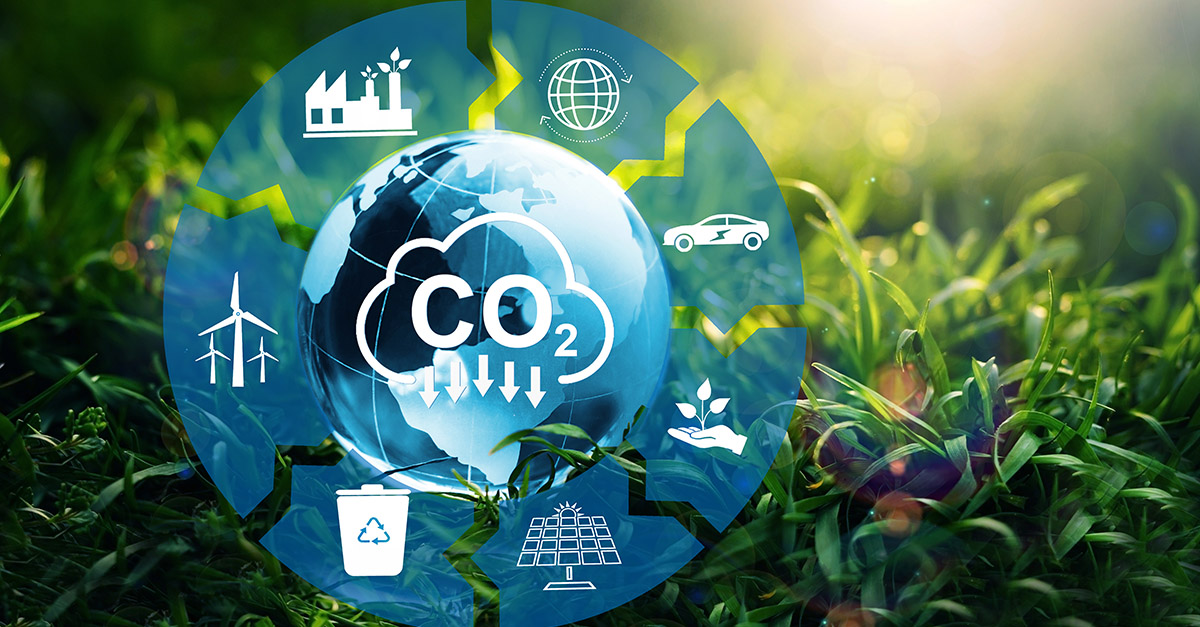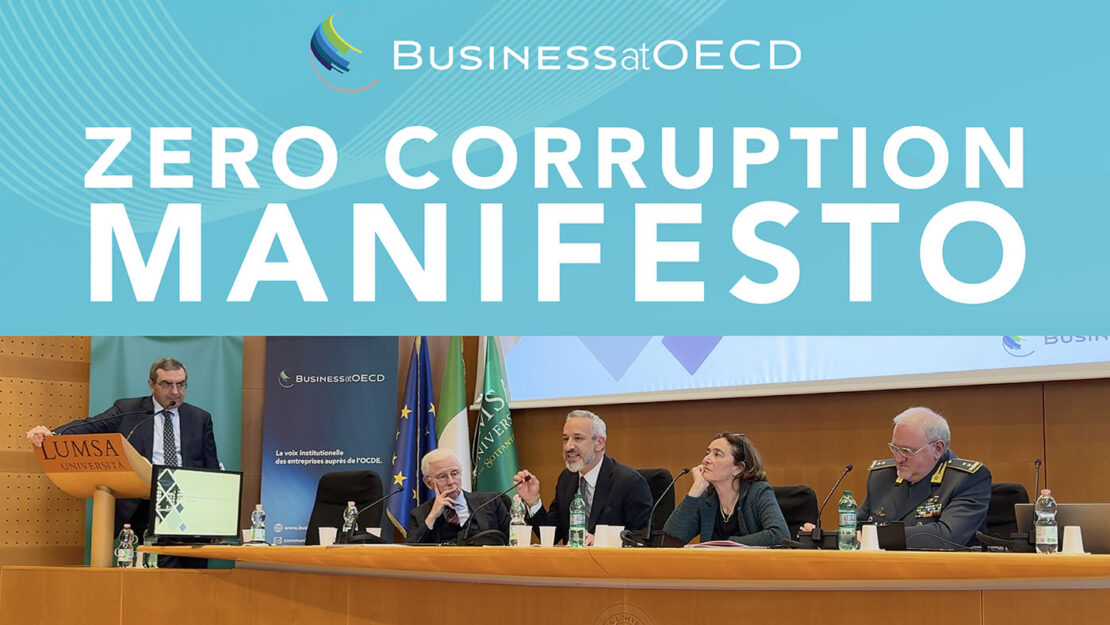by Ajay Katara
Climate risk is assuming a critical role for banks and financial institutions due to the mounting environmental challenges. As the frequency and severity of climate-related events increase, banks face heightened risks associated with their investments, loans, and overall financial stability. It’s no surprise that climate risk management features in the topmost agenda for CRO’s (Chief Risk Officers) globally as effectively managing these risks is imperative to safeguard assets, ensure regulatory compliance, and promote long-term sustainability in the context of a changing climate. Continue reading…












